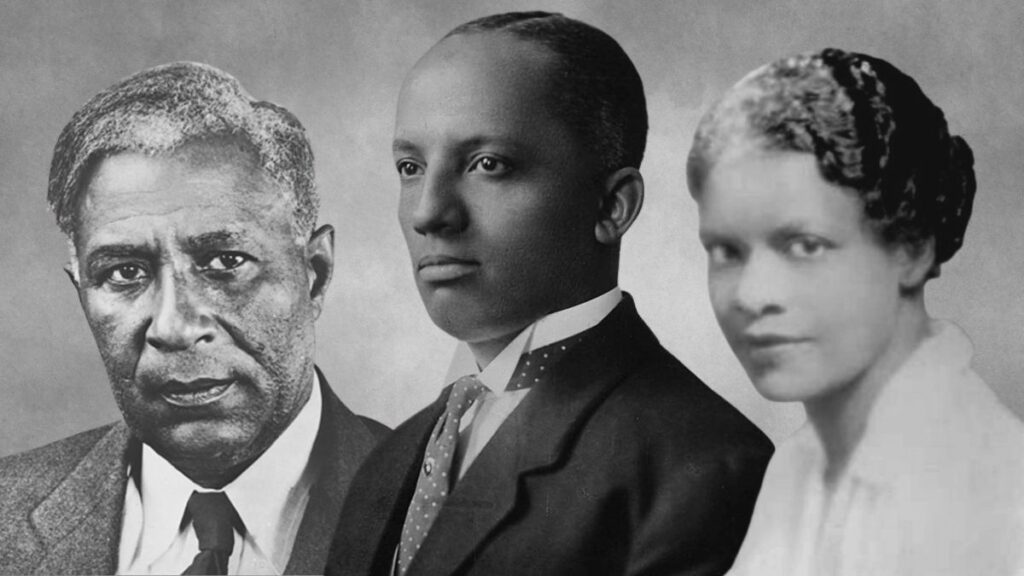By Brian Boone
February is Black History Month. It’s a wonderful and enlightening time to look back on the impact that African-Americans have had on American life, both major figures rightfully lauded and others who have been overlooked by the history books. Black history is American history, so here are some under-celebrated luminaries.
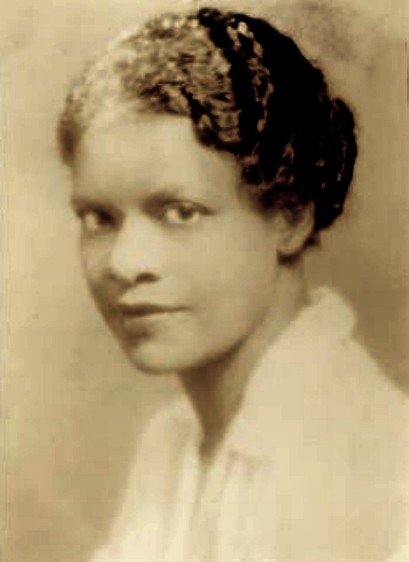
The woman who took down a New York Mob leader
Eunice Carter can claim many first in the academic and legal realms. In 1921, she graduated (with honors) from Smith College in Massachusetts, earning a bachelor’s and master’s degree at the same time. Carter then attended the prestigious Fordham Law School and upon her graduation in 1932 became the institution’s first Black female graduate. Carter worked as a New York City social worker until tough-on-crime mayor Fiorello LaGuardia named her a prosecutor in “women’s court,” where exclusively female defendants were tried. In her caseload, Carter noticed that all of the women tried for solicitation used the same lawyers and bondsmen, all affiliated with Mafia crime boss Charles “Lucky” Luciano. She built a case that led to widespread bordello shutdowns, and in 1936, the prosecution and imprisonment of the tough-to-nail Luciano.
The man who saved dozens with his invention
In 1914, Cleveland-based machine repairman, sewing shop owner, and haircare entrepreneur Garrett Morgan patented a device called the Safety Hood and Smoke Protector. Morgan got to demonstrate the Safety Hood in 1916, when an explosion trapped 32 workers in a tunnel underneath Lake Erie. Morgan and three friends donned the Safety Hood, walked into the dangerous conditions, and saved all 32 men. How the gas mask works: a wet sponge filters out smoke while simultaneously cooling the air while an air intake tube connects the mask to the ground, where cleaner air remains after smoke rises. Called a hero by dozens of newspapers, Morgan earned hundreds of orders for his mask from fire departments around the country, and the U.S. Army adopted the technology for use in World War I to protect against chemical warfare.
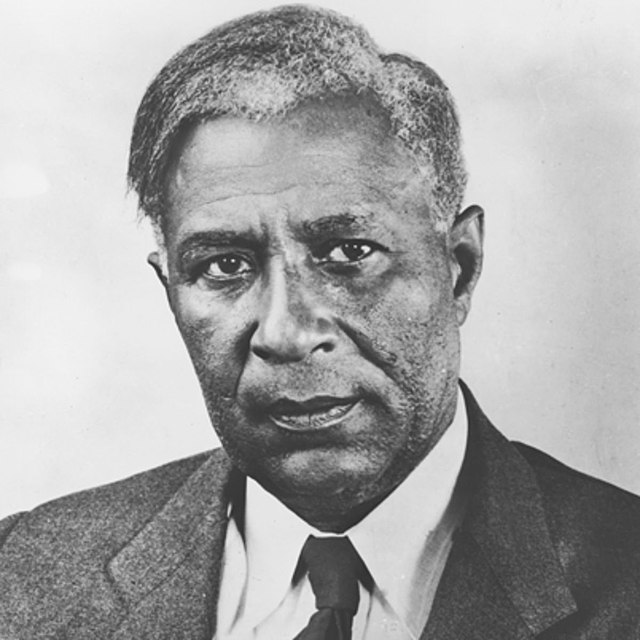
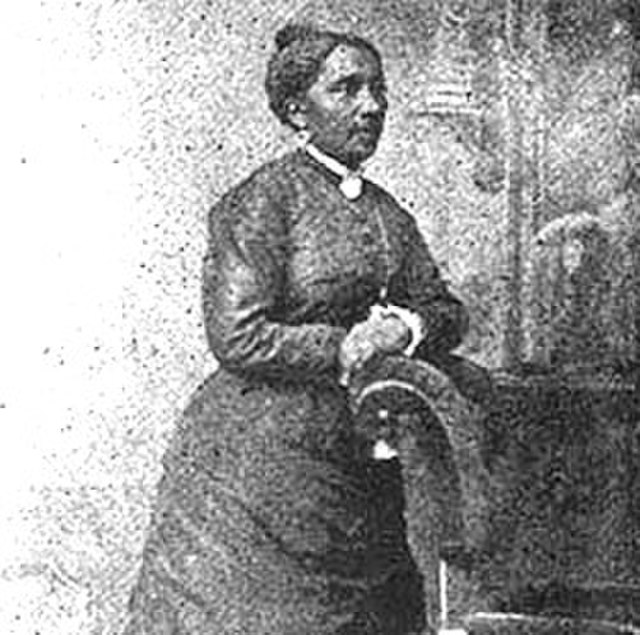
The woman who desegregated public transportation
Yes, Rosa Parks helped lead anti-segregation boycotts of the Montgomery, Alabama bus lines and gave a massive inspirational jumpstart to the Civil Rights Movement in the 1950s. A century earlier, New York City teacher Elizabeth Jennings Graham acted to end segregation on streetcars. Tired of waiting for a “Colored Persons Allowed” car, she opted instead for a “Whites Only” vehicle to get to church one morning in July 1854. The passengers objected, and the conductor objected so thoroughly that he threw Jennings off. With her father, a leader in the Black community, Jennings organized protests and rallies and hired a law firm to sue the Third Avenue Railway Company. The court ruled in her favor, that it was illegal to operate separate cars for different races. By 1860, New York City’s public transit was no longer separated.
The man who created Black History Month
Deemed “the father of Black history” by other historians and the founder of the Association for the Study of Negro Life and History, Carter G. Woodson in 1926 proposed the idea that public schools across the U.S. would spend a week focusing on the contributions of Black people, both well-known and little known, to history and culture. Woodson called the historical awareness campaign Negro History Week, and he thought it should take place during the second week of February.
More and more schools across the country took part in Negro History Week, until the era of the Civil Rights Movement in the 1960s, when Negro History Week became a broader celebration called Black History Month. It was officially recognized by government decree by President Gerald Ford during the bicentennial of 1976. As Negro History Week had been held in February, so too did that whole month become Black History Month. But why February, specifically? The second week in February marks the birthday of “The Great Emancipator,” President Abraham Lincoln, who abolished slavery once and for all during the Civil War. It’s also when Frederick Douglass celebrated his birthday. The leading abolitionist was born into slavery, and thus didn’t know the exact date of his birth, so he chose February 14th.
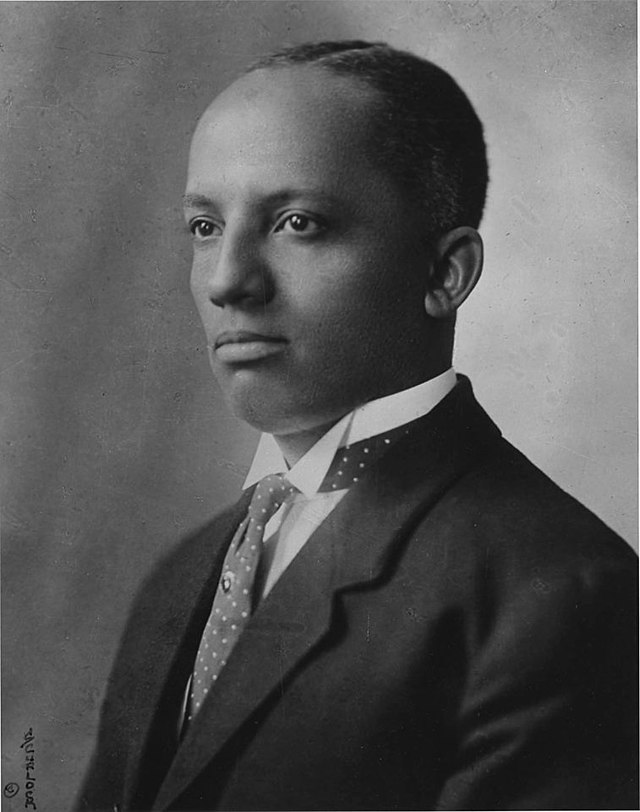
To brush up on Black history this Black History Month, peruse our selection of titles, including works on Harriet Tubman, Martin Luther King Jr., and Muhammad Ali.








